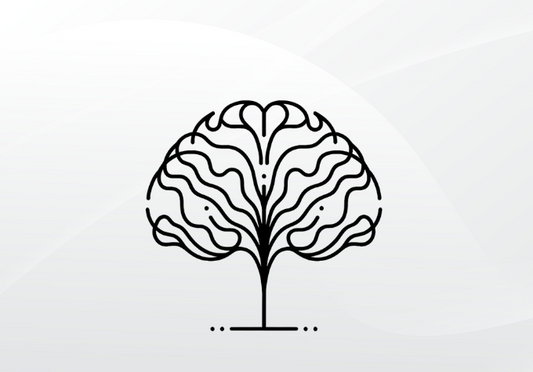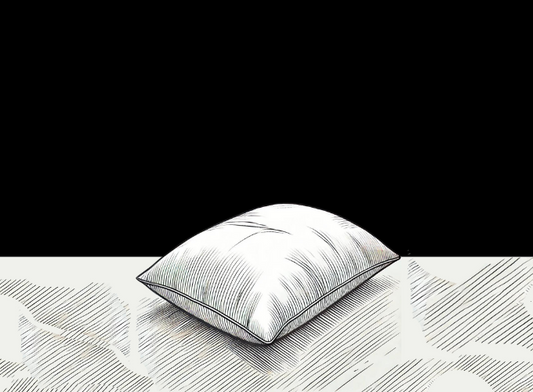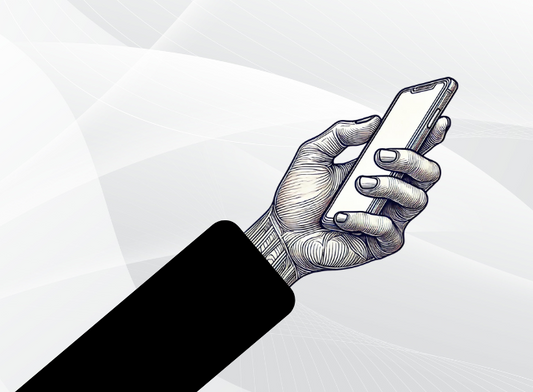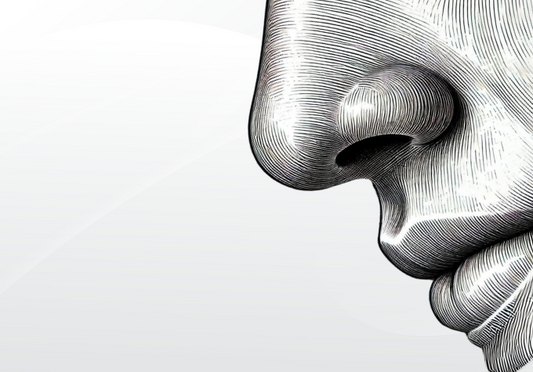We’re a team of engineers, neuroscientists, and artists from UC Berkeley and Ilmenau University of Technology that summarize neuroscience studies. We then propose our own theories and experiments to enhance the study, advancing our mission to maintain and maximize human cognitive performance to help people sleep, focus, and relax.
We've all been drilled in by meditation news and other "sound experiences" that there's real science behind how sound can help us sleep better, but what is the nature of those studies? What are the actual results? A recent paper explores this connection, showing whether sound is just pleasant background noise.
A team of scientists from Carnegie Mellon wanted to see if sound could help people who struggle with sleep onset insomnia—a condition where it takes more than 30 minutes to fall asleep. Their goal was simple: find out if syncing sound with the brain's natural rhythms could be a non-invasive, drug-free solution to help people sleep faster.
What Sparked This New Experiment?
This experiment was inspired by earlier studies that showed sound could enhance deep sleep by syncing with the brain's natural slow-wave patterns, which occur during deep sleep. These studies revealed that sound could actually "nudge" the brain into a more restful state. But the real challenge was whether this concept could also help people fall asleep faster—the metric that's mostly advertised to us.
How did they design the experiment?
To test this idea, the researchers designed a study where they asked 21 adults who regularly struggled to fall asleep to participate. These participants wore a special headband that could read their brain's electrical activity using sensors (EEG) and play sounds in sync with their brain's relaxation waves (alpha waves), particularly those with pink noise (lower pulsed frequencies) and rain-like sound (like the weather).
During the experiment, the participants experienced two conditions: one where the headband played sound pulses timed to their brain's relaxation rhythms and another where the headband just recorded data without playing any sounds (this was called the "sham condition"). The sound pulses were delivered at a specific point in the brain's alpha wave cycle, a moment when the brain is more relaxed and ready to transition into sleep.
Key Results: How sound stimulation's impacts sleep?
It was discovered that on average, participants fell asleep 10.5 minutes faster during the sound stimulation week—a 29.3% improvement compared to the week without sound! Additionally, 81% of participants fell asleep within the first 30 minutes of the stimulation session, compared to only 50% during the week with no sound. This suggests that sound stimulation could be a powerful alternative to sleep medications for those who struggle to fall asleep.
So what’s happening?
The secret lies in how the brain's relaxation rhythms, known as alpha waves, interact with the sound. Alpha waves are brain patterns that occur when you're awake but relaxed, like when you're lying in bed with your eyes closed, getting ready for sleep. However, to actually fall asleep, your brain needs to transition from alpha waves to slower brainwaves called theta waves. Theta waves occur when you're in a light sleep state, and they pave the way for deeper sleep stages.
In people with insomnia, the brain can get "stuck" in the alpha wave state for too long, making it difficult to transition into sleep. The sound pulses used in this study were designed to disrupt these alpha waves at just the right moment, helping the brain move more smoothly into theta waves and, ultimately, into sleep. It's like giving the brain a gentle nudge out of relaxation mode and into actual sleep mode.
The sound pulses delivered in this study were timed to target the low points (or "troughs") in the alpha wave cycle, which helped reduce their power. By weakening these alpha waves, the brain could more easily transition to theta waves, allowing for a smoother and faster journey into sleep.
But why is this so important? Sleep disorders like insomnia affect millions of people worldwide, leading to poor health, reduced quality of life, and increased risk for conditions like heart disease and obesity. Finding non-invasive, drug-free solutions like sound stimulation could help many people get the sleep they need without the side effects of medication.
For example, consider that nearly 30% of adults report symptoms of insomnia. Many of them rely on medications that may come with side effects or only offer limited relief. By using sound or even light-based methods to gently guide the brain into sleep, we could improve not just sleep quality but overall health.
Can This Method Help Healthy Sleepers Too?
While this study shows great results for people with insomnia, there's a big question that remains: could this method help people who don't have sleep problems too? This leads us to a scientific theory that might explain how sound stimulation could benefit even those who fall asleep easily.
GABA Regulation Hypothesis: The Role of a Calming Brain Chemical
One possible explanation is what's called the GABA Regulation Hypothesis. GABA (gamma-aminobutyric acid) is a natural chemical in the brain that helps the brain calm down. When GABA levels are low, the brain can be overactive, making it harder to relax and fall asleep.
The idea here is that sound stimulation might help boost GABA levels even in people who normally sleep well. By increasing GABA, the brain can relax more quickly, making the transition from wakefulness to sleep smoother. But how? When low alpha waves are played and traveled through brain regions, including the thalamus and hypothalamus, the consistent, rhythmic nature of these sounds may stimulate pathways that modulate GABAergic neurons.
Our proposed experiment to test the GABA hypothesis
To test this idea, we could run a study with healthy sleepers. We’d split them into two groups—one would get sound stimulation, and the other would get nothing. The key thing to measure would be GABA levels before and after the experiment to see if the sound boosts GABA and helps people fall asleep faster. If this theory is right, it could open the door to new ways to improve sleep for everyone, not just those with insomnia.
A possible new frontier for better sleep?
This study shows that using sound to sync with the brain's natural rhythms is a promising way to help people fall asleep faster. By targeting relaxation waves in the brain and possibly boosting calming chemicals like GABA, this method offers a non-invasive, side-effect-free alternative to sleep medications. While more research is needed, especially to see if it helps healthy sleepers, the future of sleep science looks bright. Whether through sound, light, or other methods, guiding the brain into sleep could improve health and well-being for everyone.
This study is based on the following experiment: https://www.nature.com/articles/s41598-024-63385-1





